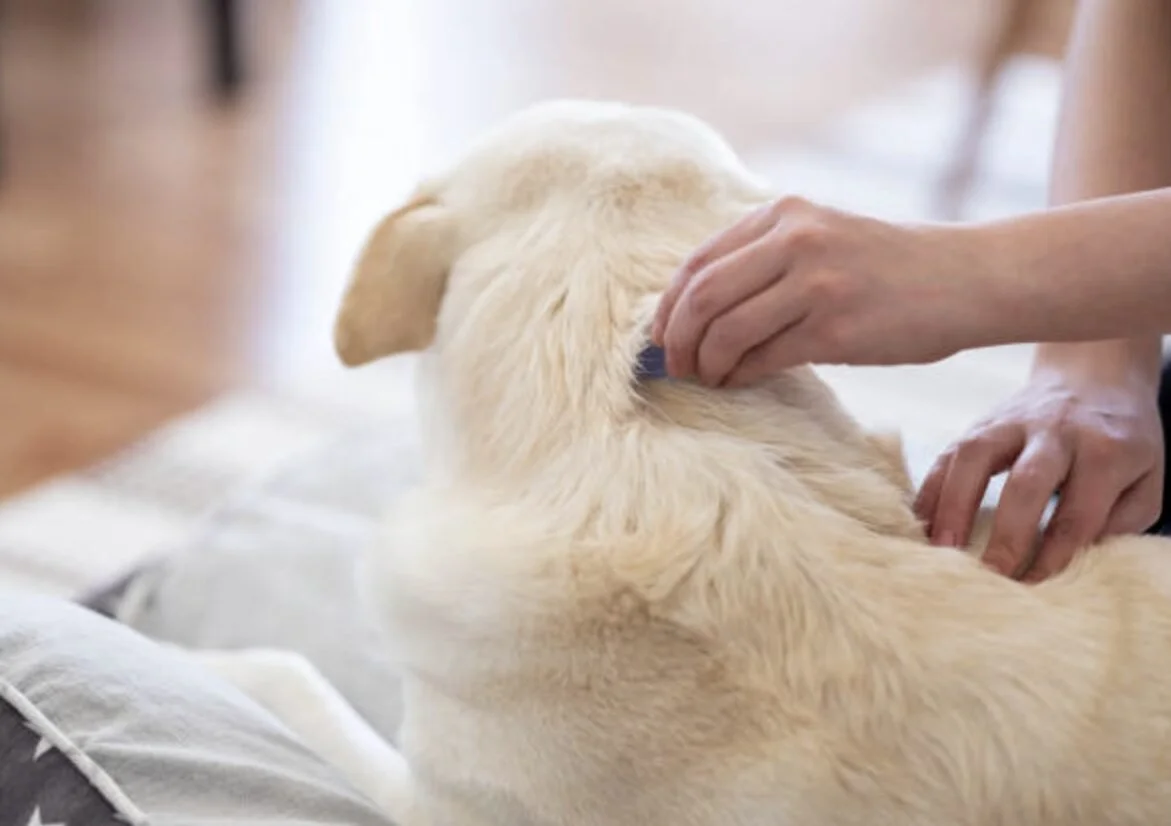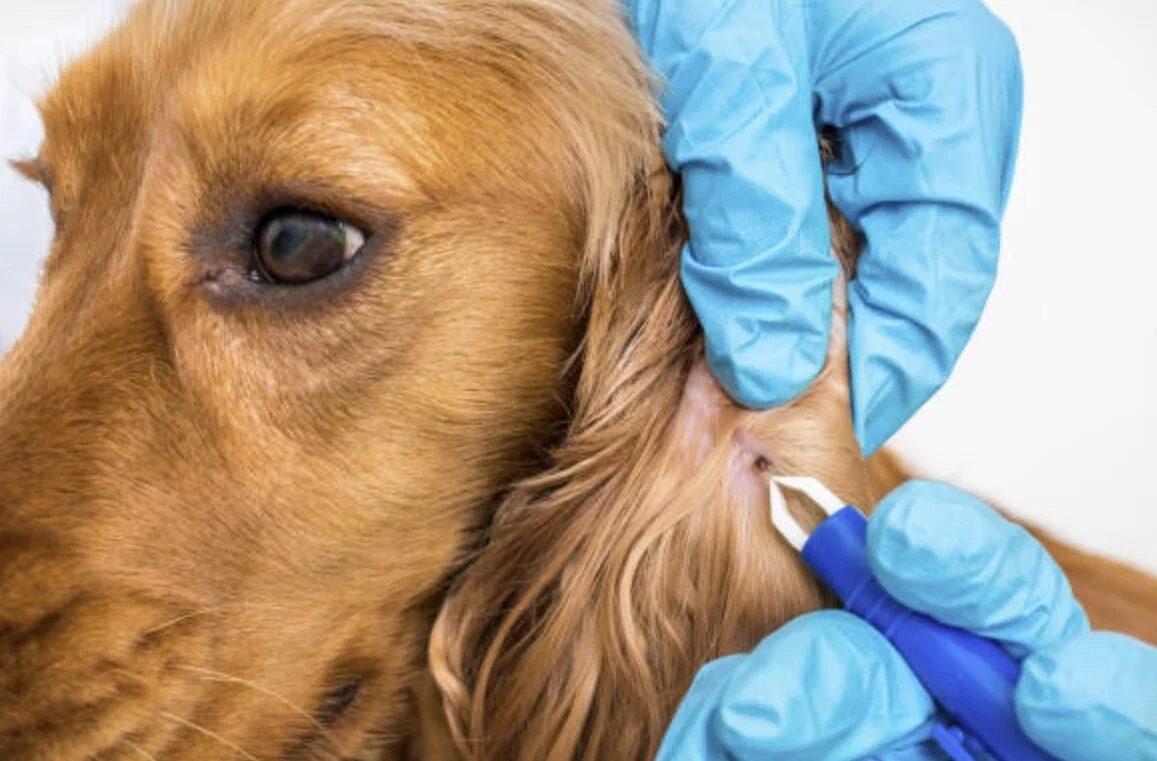What do I hate more than ticks? Hmmm, let me think… Ah, last summer, I had the dubious pleasure of seeing a lot of them up close and personal. My dog was like a tick magnet, and at that moment, the only way to get rid of these uninvited guests was by painstakingly removing them with tweezers. Thank God I wasn’t alone in this tickpocalypse. My dear friend was there, rooting for me. Although, to be fair, she was so grossed out by the whole process that her version of “support” involved watching from a very, very safe distance. So, that tells you everything you need to know about ticks, right? Disgusting, scary, and I’d rather not encounter them ever again. Just thinking about them makes my skin crawl. So, you can imagine my horror when I first saw tick eggs…

Now, for those lucky enough to not know much about ticks, they are small, blood-sucking creatures that are not only a nuisance but can also spread diseases to both pets and humans. They’re like the uninvited party crashers of the natural world, except they bring along the risk of Lyme disease, Rocky Mountain spotted fever, and a host of other ailments you definitely don’t want.
So, what do you do when you find a tick? The first rule of Tick Club: don’t panic. Use fine-tipped tweezers to grasp the tick as close to the skin’s surface as possible. Pull upward with steady, even pressure. The goal is to remove the tick whole, without breaking it and leaving parts embedded in the skin. After taking off the tick, wash the bite spot and your hands with alcohol, iodine cleaner, or soap and water. Don’t squish the tick with your fingers. Get rid of it by putting it in alcohol, sealing it in a bag or container, wrapping it up in tape, or flushing it in the toilet.

Just to be clear here: it is always highly recommended to visit a doctor rather than attempting to remove a tick yourself. It is much better to have a professional remove the tick from your body.
But let’s backtrack to where our nightmare began: tick eggs. How do you identify them? Well, tick eggs are tiny but not invisible. They’re often reddish-brown and are laid in clusters that can look like a small, slightly gross pearl necklace. If you stumble upon these in your garden, brace yourself. Each of those tiny eggs represents a potential future tick that could find its way onto you or your pets.

The danger of tick eggs lies in their numbers. A single female tick can lay thousands of eggs at a time. This means that not taking action could result in a tick infestation. And with ticks comes the risk of disease transmission, not to mention the sheer ick factor of knowing they’re breeding in your backyard.
So, how do you remove and dispose of tick eggs? Carefully. When I discovered a cluster of tick eggs in my garden, I geared up as if I were heading into battle. Wearing gloves, I gently scooped the eggs into a jar filled with rubbing alcohol. This method ensures that they’re killed instantly. It’s also crucial to check the area around where you found the eggs for any signs of more clusters or for ticks themselves. After dealing with the eggs, clean the area thoroughly. I sprayed the spot with a mixture of water and permethrin, a pesticide that’s effective against ticks but should be used with caution and according to the product’s instructions.

Preventive measures are your best bet in the war against ticks. Here are some things you can do:
Keep your lawn mowed and bushes trimmed.
Create a barrier with wood chips or gravel between your lawn and wooded areas to restrict tick migration into recreational areas.
Use tick repellents on clothing and gear when venturing into wooded or grassy areas.
Treat pets with veterinarian-approved tick prevention products.
Regularly check your pets, yourself, and your family for ticks after spending time outdoors.

Discovering tick eggs in your garden can be unsettling, but it’s not the end of the world. With prompt action and ongoing preventive measures, you can protect your space and keep these uninvited guests at bay. And remember, while ticks and their eggs may be a fact of life for those of us who love the outdoors, they don’t have to ruin our fun. We just need to stay vigilant, informed, and ready to act at the first sign of trouble. So, here’s to a tick-free future—or at least to being really good at dealing with them when they show up!



